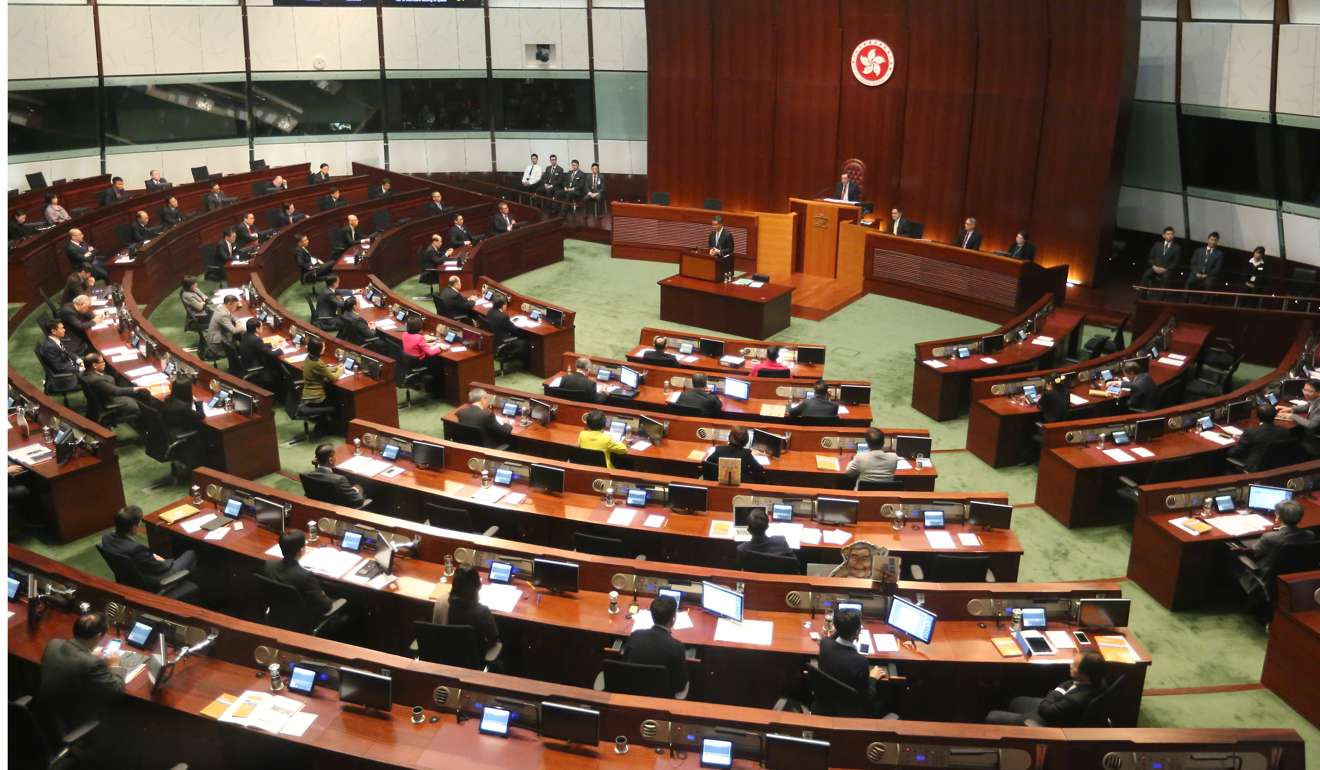
In the wake of Donald Tsang’s jailing, code of ethics needs to be spelled out for all officials
Tony Kwok says Hong Kong must clear up any possible grey areas for public servants and update our laws, including by making the chief executive subject to all their provisions
I was in Jakarta attending anti-corruption talks with the Indonesian anti-corruption commission when former Hong Kong chief executive Donald Tsang Yam-kuen was sentenced to 20 months in prison for misconduct. Many anti-corruption personnel there expressed great surprise and bewilderment that a former head of Hong Kong could be jailed for what they considered to be a trivial breach of integrity, in the absence of any evidence of bribery. At the same time, they admired the Hong Kong Independent Commission Against Corruption for its professional capability and independence to pursue this case without, apparently, any political interference.
Thus, I do not believe Hong Kong’s reputation has suffered as a result; quite the contrary, in fact.
The frivolity of Donald Tsang’s corruption case does Hong Kong’s reputation no favour
However, Tsang’s conviction has wide ramifications for public officials’ future conduct. The message seems to be that, from now on, any official who fails to declare any conflict of interest can end up in jail, from a situation that might have been perceived in the past as no more than a disciplinary matter. Examples where officials could in future be liable to criminal prosecution for failing to declare a conflict of interest include: a civil servant handling a recruitment exercise and discovering that one of the applicants is a relative; a legislator voting for a motion where his relatives’ business has an interest; a judge hearing a case in which he has a relationship with either the prosecutor, defence counsel or the defendants’ family, and so on.
The message seems to be that, from now on, any official who fails to declare any conflict of interest can end up in jail
There are bound to be areas of possible confusion. In one previous ICAC case, the former commissioner of inland revenue was found to have failed to declare a conflict of interest in handling tax matters arising from his wife’s tax consultant firms. The Department of Justice decided he should not be prosecuted because there was no evidence he had shown favour in dealing with those tax matters. In another case, a magistrate found against the ICAC and it was subsequently discovered that the defence counsel was an ex-wife of the magistrate. We raised a query and were told that since they were divorced, there was no conflict of interest!
So what is needed now is for all public institutions, including the Legislative Council and the judiciary, to lay down clear guidelines in their staff code of ethics as to what should be declared, and warn employees about the serious consequences of failing to do so.

Disturbing questions remain after trial of Donald Tsang
Serious consideration should be given to turning the common law offence of “misconduct in public office” into a statutory offence. The current common law offence is based on an 18th-century English case law. Unlike in Hong Kong, criminal proceedings arising from this law are extremely rare in other common law jurisdictions. One problem is how to define misconduct, and how serious the misconduct has to be to justify criminal proceedings rather than disciplinary action. And because it is not on the statute, it also deprives officials and the public of ready access to and understanding of the law, and hence goes against a principle of legal policy that a person should not be penalised except under clear law. Most common law jurisdictions have taken steps to convert this into a statutory offence of “abuse of office for private gain”.
Donald Tsang’s conviction a tragedy in so many ways
I have no reason to believe that the government has any dubious intent in not wanting the chief executive to be subject to Section 3. The hurdle, in my view, is constitutional. Section 3 states that “Any prescribed officer who, without the general or special permission of the chief executive, solicits or accepts any advantage shall be guilty of an offence”. Hence, if the chief executive were included in this offence, the question is who should grant this permission? Logically, it should be someone senior. But if it were, for example, China’s premier, I am sure the pan-democrats would criticise it as a serious breach of “one country, two systems”.
If it were a special committee, as suggested, would that be construed as breaching the constitutional position of the chief executive as head of the SAR? Imagine a case where our leader was given a small gift by China’s president – the committee would have the power to stop the chief executive from accepting it.
Tony Kwok is the former deputy commissioner of the ICAC and currently an adjunct professor of HKU SPACE and an international anti-corruption consultant

